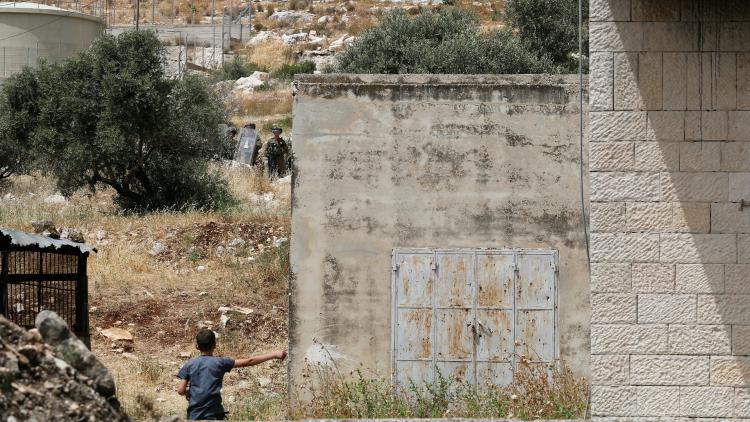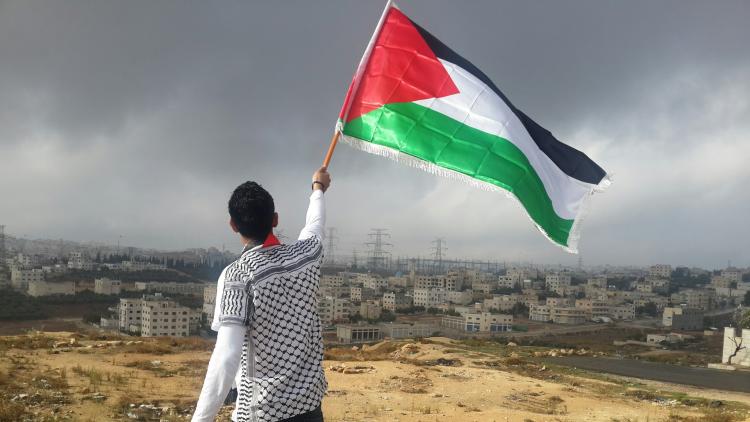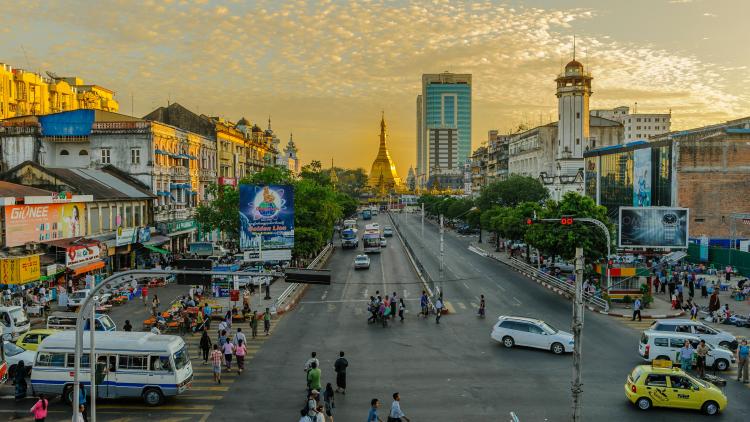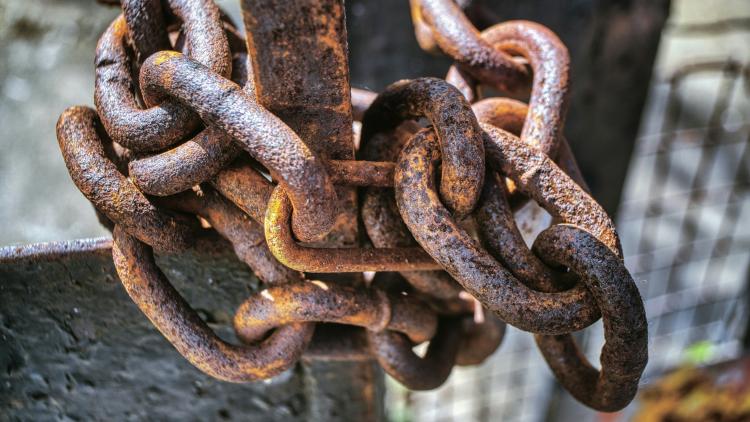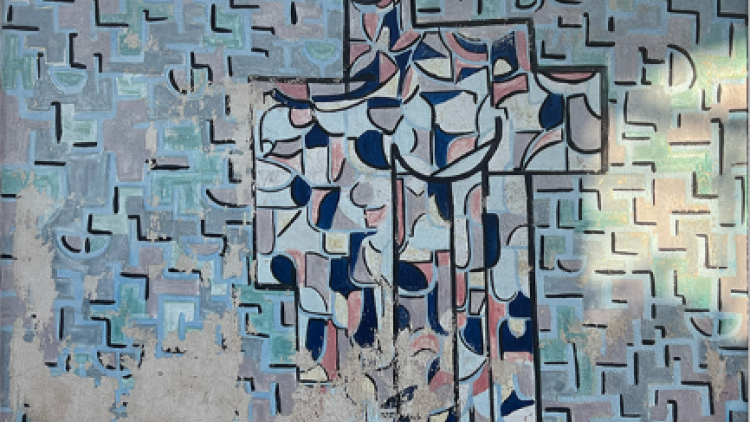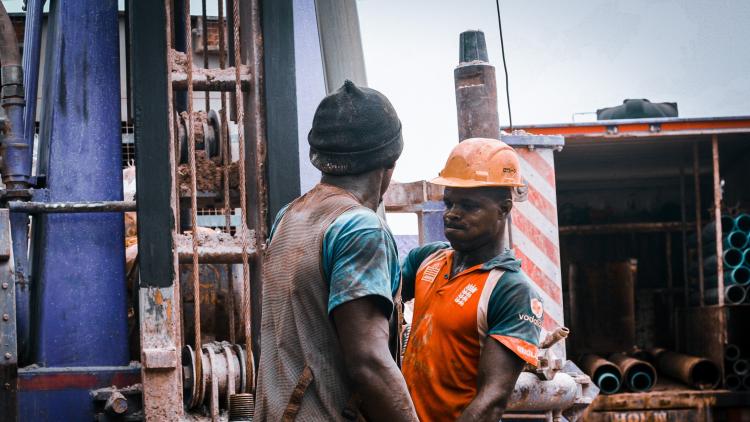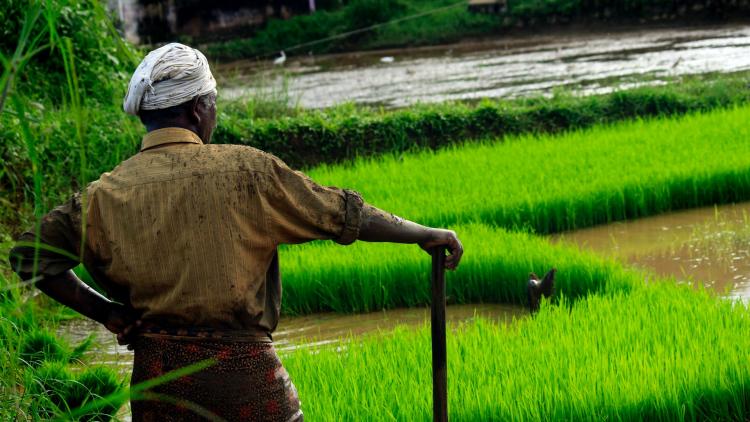BA Global Development and...
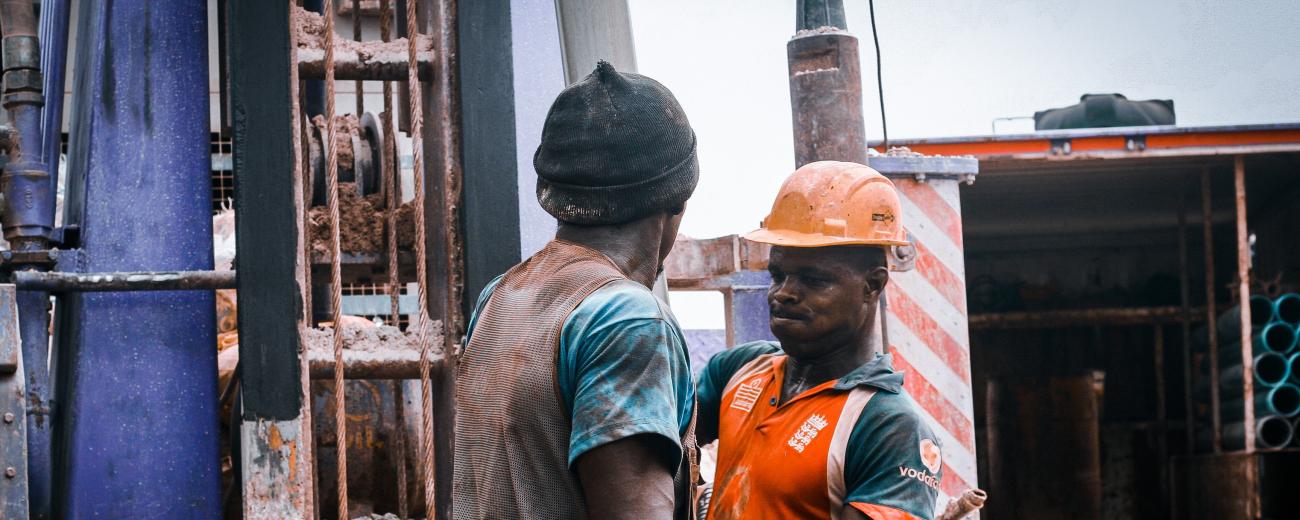

Key information
- Duration
- 3 or 4 years
- Start of programme
- September
- Attendance mode
- Full-time
- Location
- Campus
- Fees
-
Home: £9,790
International: £23,780 - Entry requirements
-
AAB-ABB
For joint degrees, the offer is based on the subject with the higher entry requirements
Contextual: ABB-BBB
-
See undergraduate entry requirements and English language requirements for international and alternative entry requirements.
Course overview
Have you got a passion for addressing the major issues and challenges facing today’s global community?
This exciting programme provides an interdisciplinary training in social sciences, focusing on how societies change, exploring what constitutes progress and examining interventions that aim to bring about change. Students build strong knowledge of theories and evidence on the causes of and responses to poverty, insecurity and inequality, and develop a nuanced understanding of the dramatic processes of social, economic, political transformation underway in different parts of the world.
Why study Global Development Combined Honours at SOAS?
- SOAS is ranked 5th in the world for Development Studies (QS World University Rankings 2025)
- We are ranked 2nd in the world for Academic Reputation (QS World University Rankings 2025)
Study Abroad
Students are able to apply for the optional year abroad in their second year of studies at SOAS. Students will be invited to information sessions about how to apply during their second year of studies by the Study Abroad team. Student applications are considered on academic merit and a personal statement and are subject to availability. Students need to have achieved 55% or higher in their first year of studies to be eligible. For further details, visit the Study Abroad section of our website.

Use our combined courses tool to see a breakdown of course structure
Key information set data
Teaching and learning
Our teaching and learning approach is designed to support and encourage students in their own process of self-learning, and to develop their own ideas, responses and critique of international development practice and policy.
Students' understanding is assessed by a range of tasks including essays, presentations, reviews, blogs, reports, and written examinations.
The introductory and core/compulsory modules provide a solid interdisciplinary grounding, whilst guided options allow students to develop deeper expertise in areas of particular interest. Student have the opportunity in their final year to complete a dissertation or a placement module.
Contact hours
All full-time undergraduate programmes consist of 120 credits per year, in modules of 30 or 15 credits. They are taught over 20 or 10 weeks. The programme structure shows which modules are core, compulsory, guided options, and open options. As a rough guide, 1 credit equals approximately 10 hours of work. Most of this will be independent study.
Also included are class time, which may include lectures, seminars, workshops and other classes. In the Department of Development Studies, most undergraduate modules have 2-3 hours of teaching per week. The organization of study time and teaching varies by module. Common teaching formats include 1 hour or 2 hour lectures, 1 hour small group classes and 2 hour seminars.
Year abroad
If Global Development is combined with a Language in a four-year degree programme, students spend a study year abroad in their third year.
SOAS Library
SOAS Library is one of the world's most important academic libraries for the study of Africa, Asia and the Middle East, attracting scholars from all over the world. The Library houses over 1.2 million volumes, together with significant archival holdings, special collections and a growing network of electronic resources.
Scholarships
| Title | Deadline date |
|---|---|
| The Rahim Lalji ‘14 Development Studies Bursary |
Fees and funding
Fees for 2026/27 entrants per academic year
| Programme | Full-time | |
|---|---|---|
| Home students | Overseas students | |
| BA, BSc, LLB | £9,790 | £23,780 |
| BA/BSc Language year abroad | £1,425 | £11,770 |
For full details, see undergraduate fees.
Employment
This versatile degree provides a great launchpad into a range of fields. As well as developing a strong understanding of contemporary global development issues, you also cultivate a range of transferable skills including analytical skills, critical thinking and cultural awareness. Our students go on to work in a variety of sectors, including: governments, international organisations and donors; NGOs and charities; private sector, banks and social enterprise; research institutes, think-tanks and consultancy firms; and media organisations.
Recent graduates have been hired by:
- Amnesty International
- BBC World Service
- British Embassy Brussels
- Department for International Development
- Economist Intelligence Unit (EIU)
- Embassy of Japan
- Government of Pakistan
- Hong Kong Economic & Trade Office
- International Committee of the Red Cross (ICRC)
- International Labour Organization (ILO)
- KPMG LLP
- Médecins Sans Frontières (MSF)
- National Health and Medical Research Council
- Overseas Development Institute
- Oxfam
- Royal Norwegian Embassy
- Save the Children UK
- The World Bank
- Thinking Beyond Borders
- US Department of State
- UN World Food Programme
- UN High Commissioner for Refugees
- WaterAid
Find out about our Careers Service.



